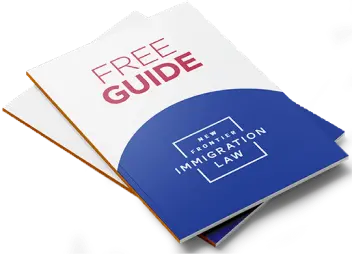There are several factors that could impact your 212(c) relief application. If you meet the requirements for 212(c) relief, your case will be adjudicated based on several factors, some of which include:
- Whether you have family ties to the U.S.
- What hardship you or your family will face if relief is denied
- Whether you have served in the U.S. Armed Forces
- How long you’ve been a resident in the U.S.
- Whether you own a business or property in the U.S.
- Whether you participate in community service
- Whether you have previously been convicted of a crime
- Whether you have committed other immigration violations
An Immigration Lawyer Can Help With Your 212 (c) Waiver
If you have questions regarding whether a 212(c) waiver is available to you, our immigration attorney at New Frontier Immigration Law can help.
Fill out our online contact form or call our office to discuss the specific details of your case.




